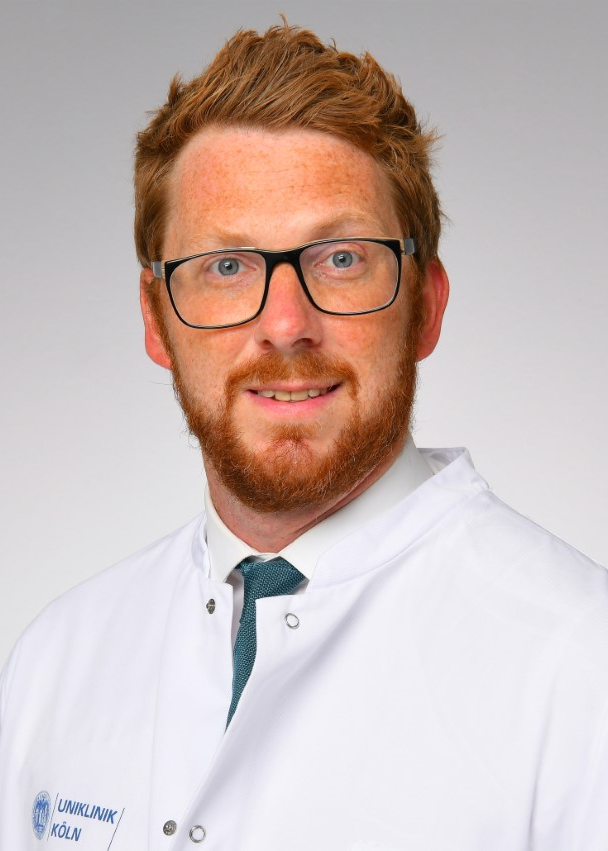- »
- »
Keynote Speaker

Effects of exercise in patients with metastatic breast cancer: the PREFERABLE-EFFECT study
Prof. Anne May, Julius Center for Health Sciences and Primary Care, Epidemiology & Global Health; University Medical Center Utrecht
Current guidelines recommend exercise for patients with curable cancer. However, studies are lacking whether exercise has also positive effects in the advanced setting. During the keynote lecture results of the international PREFERABLE EFFECT study will be presented, which is the first large study that investigated the effects of a 9-month supervised exercise program in patients with metastatic breast cancer. The randomized controlled study was performed in centers in five European countries and in one Australian center and included 357 patients with metastatic breast cancer.

Molecular insights of exercise therapy - Spotlight on the Kynurenine Pathway
Prof. Philipp Zimmer, Technical University Dortmund
Physical exercise plays a crucial role in disease prevention and rehabilitation. While the identification of „Exerkines“ has substantially increased over the past decade, knowledge on their function, in terms of inter-organ crosstalk is still sparse. This talk will provide a brief overview on this topic before diving into the field of exercise immunology covering two contrastive methodological approaches. Approach one focusses on explaratory high-resolution OMICS based investigations, while approach two relies on classical hypothesis driven research using the kynurenine pathway signaling of tryptophan metabolism as an example. Finally, these approaches will be discussed.

How to avoid the ‘REDs’ card
Prof. Margo Mountjoy, McMaster University
How to keep your athletes healthy and training at their optimum? Avoiding the "REDs" card is essential. REDs can affect males and females, and athletes from different sports. Join this talk to learn how to prevent, recognize, diagnose and treat REDs in your athletes.

Exercise before surgery – what is the evidence for prehabilitation in 2024? (Presentation in German, no translation)
Prof. Robert Schier, Klinikum Fulda gAG; University Medical Center Marburg
Preoperative physical training, or "prehabilitation," appears both sensible and promising. But how soon before surgery should it start, and to what extent? To address this, we need to examine the existing evidence from prehabilitation studies. These studies vary widely in design and measured outcomes. In Germany, a comprehensive approach to prehabilitation—one that includes physical training, nutrition, and psychological support—remains distant. Moreover, research into the actual cellular and clinical effects of prehabilitation is still underway. Nonetheless, advances in oncological sports therapy show exciting promise, highlighting a field with substantial potential for the future.